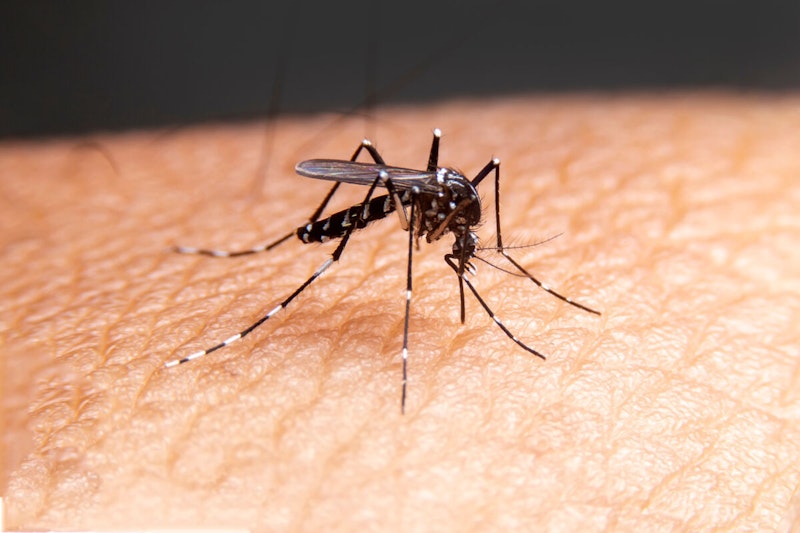In the News
How the Climate Crisis Could Impact Health Locally and Globally

11th December 2023
Last week the health impact of global environmental change was in the headlines as officials met to discuss the issue at COP28 in Dubai - a COP first. This week the story has become a local one, with the UK’s Health Security Agency warning that the climate crisis could be the cause of 10,000 extra deaths by 2050 unless the issue is tackled by greater mitigation.
‘With 2023 set to be the hottest year on record… more and more people are being affected by disasters, climate-sensitive diseases and other health conditions’ stated the UN -- and the agency shared the experiences of health workers in a short film (below).
More than three billion people already live in areas highly susceptible to climate change, according to the WHO, but it is predicted that between 2030 and 2050 climate change will cause tens of thousands of additional deaths per year. Conditions like undernutrition, diarrhoea, heat stress and malaria could be killers.
Indigenous communities often bear the brunt of the impact of climate change. For example, representatives of the youth-led group Engajamundo attended COP28 to speak about the effects on the Kaiabi yudja people who live in Xingu, in the Matto Grosso region of Brazil. Witnessing heat waves and a drying up of rivers in recent years, the community is suffering. Plantation agriculture has been affected as well as other local sources of food such as fish.
In the UK, the climate crisis could cause up to 10,000 extra deaths each year by the 2050s as a result of extreme heat and a host of tropical diseases, according to a UK Health Security Agency report published today, referencing a worse-case scenario of 4.3 degrees C increase in temperatures. Officials warned that vector-borne diseases such as dengue fever or Zika virus could be widely transmissible across the UK, due to the arrival of mosquitos native to countries with a tropical climate.

In 2022, more than 4.500 people died in England due to high temperatures, with more than 2,800 excess deaths occurring among people aged 65 and over in England during the 2022 heatwave. This discussion is clearly pertinent to the wider challenge of providing healthcare for Britain’s ageing population.
The report also highlights that the potential risks to health of the climate crisis map onto existing patterns of poor health; those due due to socio-economic factors more generally. If warming average temperatures threaten to exacerbate existing health vulnerabilities, this would mean poorer outcomes for deprived communities who aren’t able to afford or access cooling technologies, cooling centres and other adaptation strategies.
The UKHSA’s report makes clear that many of its predictions are tied to a worse-case scenario and many of the adverse impacts of climate change could be allayed by greater mitigation of the crisis.
Read analysis of how the climate crisis will amplify the UK’s health inequalities in The Guardian here.
Another news story about of the impact of the climate crisis on indigenous people (this time in the Brazilian Amazon) this year can be found here.
You might also like

So has COP21 taken the heat out of global climate change?
13th December 2015

Heavy flooding kills hundreds in South Asia
30th August 2017
Climate change affects women more
10th March 2018
Global warming to cause extreme weather events
11th May 2020

Geography in the News: Can nature keep the waves at bay?
15th August 2022

EastEnders Under Water!
13th October 2022